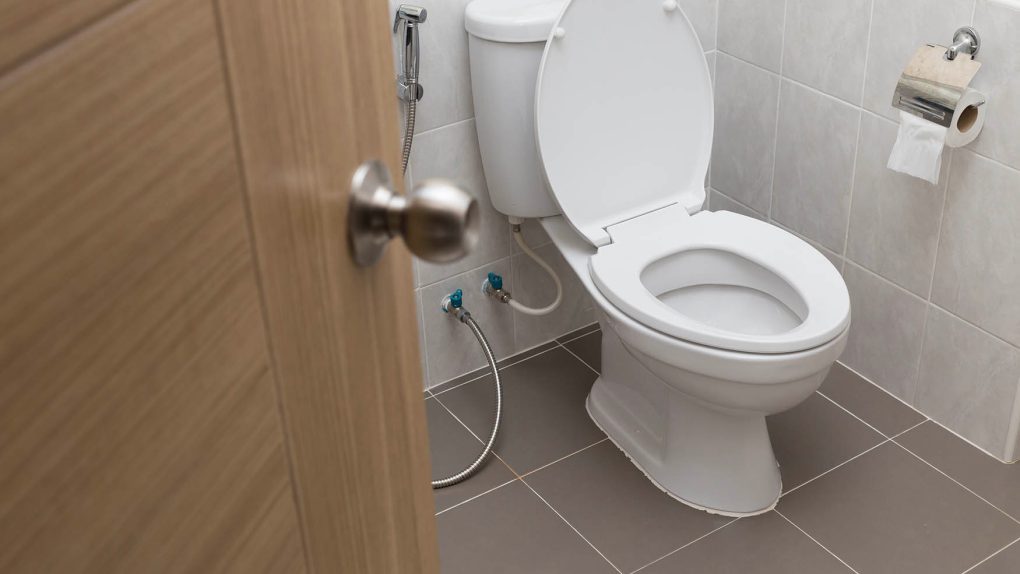Clean energy can take many forms. We most often think of it as solar panels gobbling up radiation from the sun or massive wind turbines twisting in the sky, but if we rethink things a bit we can come up with a whole bunch of interesting ways to harness forms of energy that are wasted every day. The city of Denver is in the midst of one of the most extensive trials of unconventional green energy collection ever, with a new 250-acre facility for “art, education, and agriculture,” according to NPR. What makes the massive indoor areas of the new National Western Center so unique isn’t what will be inside, but what will be happening beneath the feet of visitors.
The sewer pipes that carry wastewater swiftly to a treatment center will play a huge role in the comfort of everyone that visits the center. A closed-loop heat exchange system will be used to keep the buildings cool in the summer and warm in the winter, and the wastewater that would be flowing out of the site anyway is what makes it possible.
The concept is almost insultingly simple, and it makes you wonder why this kind of thing hasn’t been done on a massive scale in every urban area on the planet: When you fire up your shower, wash your hands, or even flush your toilet, the temperature of the water you’re sending down the drain is usually a different temperature than the ambient air. If it’s winter, the water is most certainly warmer than the outside temperature, and in the dog days of summer, the water is likely to be cooler.
When that water hits the drain and exits your home, school, or business, it enters the sewer. Along with all the other water flowing through those pipes, that’s a huge amount of energy in the form of heat that is already paid for but that is quickly lost. A sewer system that could use wastewater to heat homes in cooler weather and cool homes in warmer weather could not only save huge amounts of money but also reduce the need for additional temperature regulation via air conditioning or heating systems.
The project being worked on in Denver won’t be done for some time, and it may take even longer to get a sense of how efficient the energy reclamation system is and how it might be improved in other applications. That said, it seems like it could be an incredibly attractive option for city planners in the future, as it could reduce an entire city’s carbon footprint while potentially also reducing energy costs over time. This could be huge for cities that want to draw in new residents, with the added benefit of helping to save the planet.








